US Overtakes China as Africa's Biggest Foreign Investor
The United States has surpassed China as Africa's largest foreign investor, with a significant increase in investments in the continent's critical minerals and metals sector. According to recent data, the US has invested over $15 billion in African mining operations, surpassing China's $12 billion investment in the same period.
This shift in investment patterns has significant implications for the global market, particularly in the critical minerals and metals sector. The US investment surge is driven by the growing demand for these minerals, which are essential for the production of electric vehicles, AI data centers, and other high-tech products. Africa is rich in these minerals, including lithium, rare earths, cobalt, and tungsten, making it an attractive destination for investors.
The US investment in Africa's mining sector has been led by major companies such as Freeport-McMoRan, Newmont Goldcorp, and Rio Tinto. These companies have invested heavily in African mining operations, including the development of new mines and the expansion of existing ones. The investments have created thousands of jobs and generated significant revenue for local communities.
China, on the other hand, has been a major player in the African mining sector for several years. However, its investment in the sector has declined significantly in recent years, due to a combination of factors, including declining commodity prices and increasing competition from other investors. China's state-owned enterprises, such as China Molybdenum and Zijin Mining, have been major players in the African mining sector, but their investments have been largely focused on cobalt and copper.
The shift in investment patterns has significant implications for the global market. The US investment surge is likely to increase the supply of critical minerals and metals, which could lead to lower prices and increased competition in the market. This could benefit consumers and manufacturers, who are increasingly reliant on these minerals for the production of high-tech products.
However, the shift in investment patterns also raises concerns about the environmental and social impact of mining operations in Africa. The US and Chinese investors have been criticized for their environmental and social track records, particularly in countries such as the Democratic Republic of Congo and South Africa. The African governments and local communities are likely to play a crucial role in ensuring that the mining operations are carried out in a responsible and sustainable manner.
Looking ahead, the US investment surge in Africa's mining sector is likely to continue, driven by the growing demand for critical minerals and metals. The US companies are likely to focus on expanding their operations in Africa, particularly in countries such as Ghana, Mali, and the Democratic Republic of Congo. China, on the other hand, is likely to continue to focus on its existing investments in Africa, but may also look to diversify its investments in other regions, such as Southeast Asia and Latin America.
In conclusion, the US has overtaken China as Africa's largest foreign investor, with a significant increase in investments in the continent's critical minerals and metals sector. The shift in investment patterns has significant implications for the global market, particularly in the critical minerals and metals sector. The US investment surge is likely to increase the supply of critical minerals and metals, which could lead to lower prices and increased competition in the market. However, the shift in investment patterns also raises concerns about the environmental and social impact of mining operations in Africa.
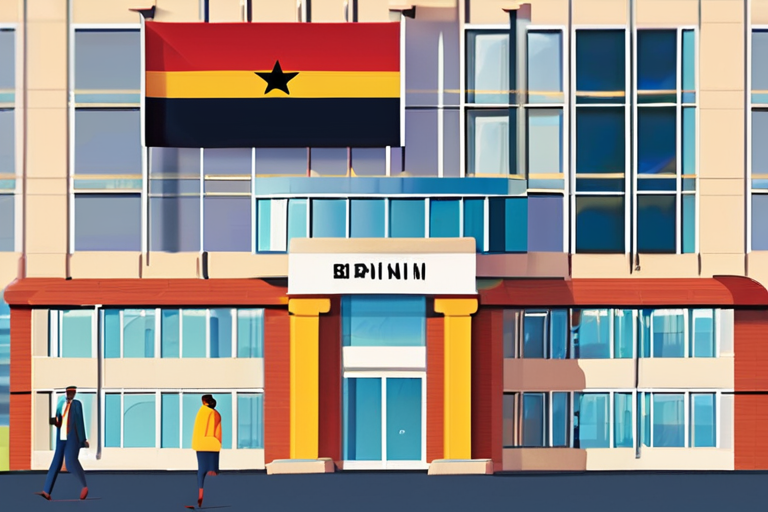



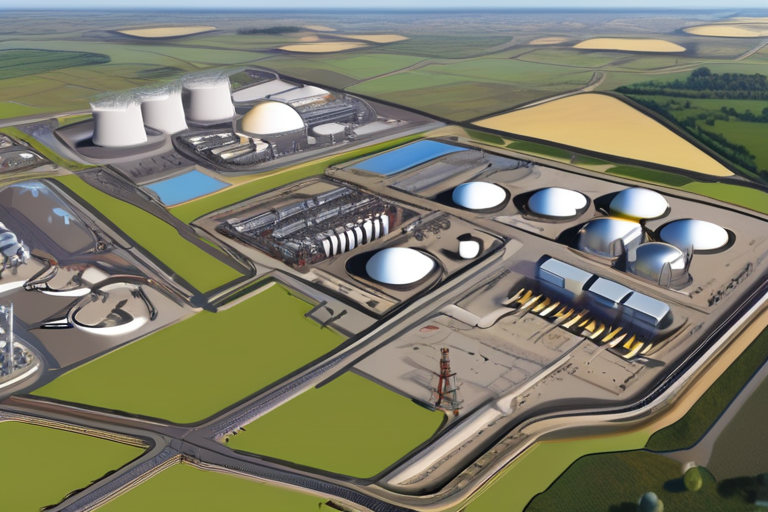

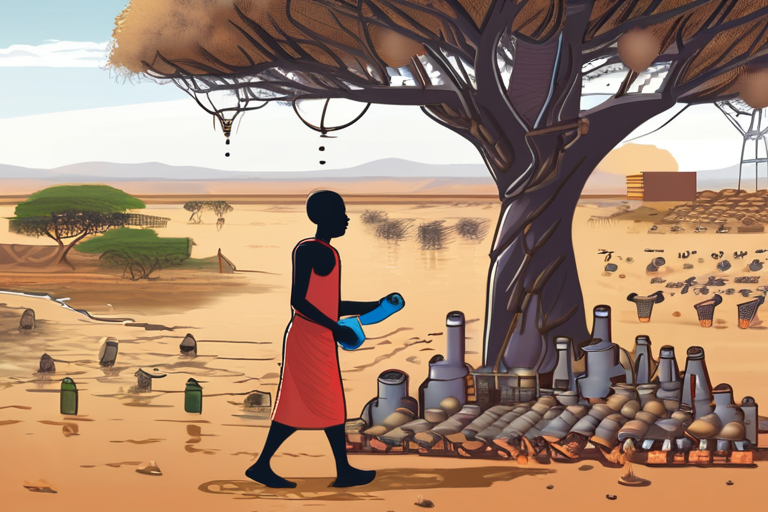














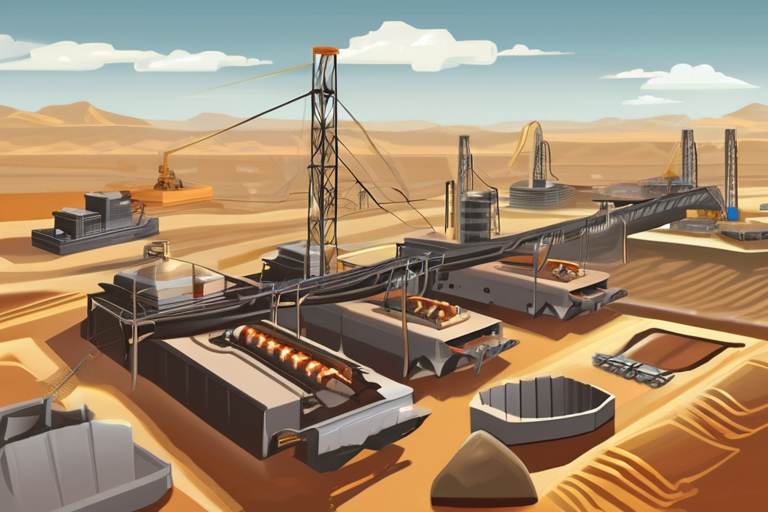
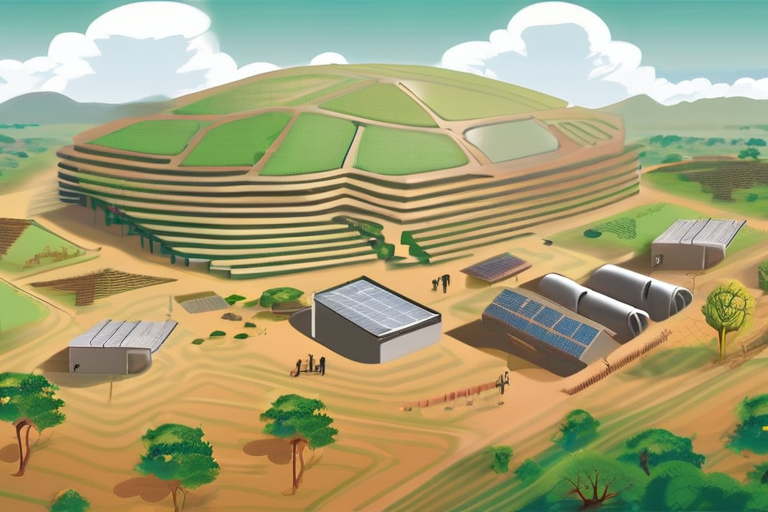
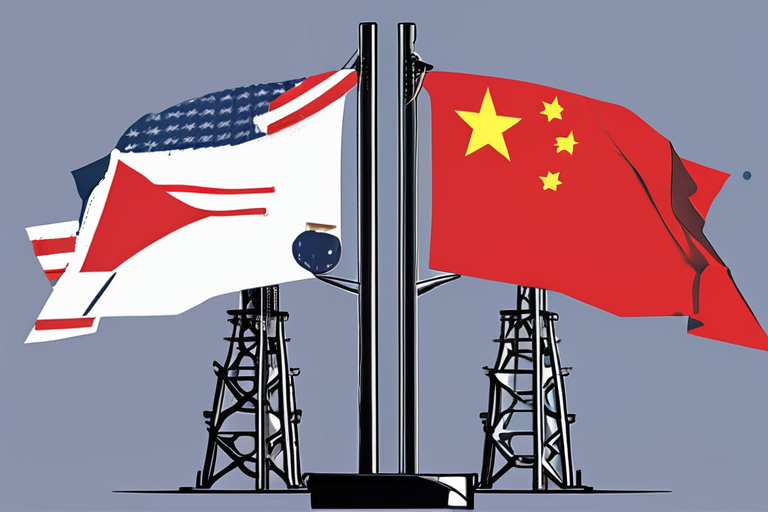


Share & Engage Share
Share this article